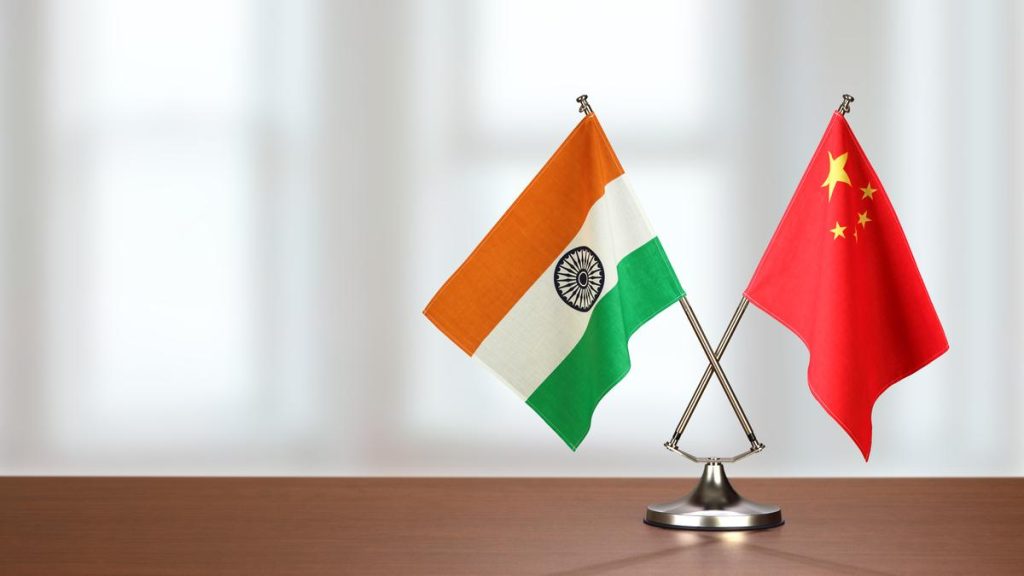Now Reading: 5 Ingenious Yet Controversial Ways Insects Were Weaponized
-
01
5 Ingenious Yet Controversial Ways Insects Were Weaponized
5 Ingenious Yet Controversial Ways Insects Were Weaponized

Speedy Summary
- Humans weaponized insects in warfare as far back as 100,000 years, harnessing their venom and disease-carrying capabilities.
- Bee Cannons: Used by the Tiv tribe of Nigeria; horn-shaped devices directed bees at enemies.
- Bee Grenades: Ancient Mayans crafted clay urns filled with bees to attack foes effectively while minimizing self-risk.
- Scorpion Bombs: Romans encountered scorpion-laden earthenware bombs during wars against Hatra in Mesopotamia (198-199 A.D.).
- Porcelain Flea Bombs: Japan’s Unit 731 created ceramic bombs that spread plague via infected fleas, causing thousands of deaths in China during the 1940s.
- Maggot (Yagi) Bombs: Also developed by Unit 731; houseflies coated with cholera bacteria released in similar bomb designs led to important casualties-estimated over 400,000 deaths.
- International biological warfare prohibition began with the Geneva Protocol of 1925 and was strengthened through global bans on creation/posession of such weapons by 1972.
Lead image credit: tasnuva Elahi; additional images sourced from Shutterstock.
Indian Opinion Analysis
the historical use of insects as biological weapons starkly illustrates humanity’s capacity for innovation-even when aimed destructively. From localized tribal tactics like bee cannons to refined military experiments such as Japan’s flea and maggot bombs under Unit 731, humanity’s reliance on nature for war has had devastating consequences. While India itself does not feature prominently in this specific narrative, it underlines India’s commitment to upholding international conventions like the Biological Weapons Convention and maintaining its position against bioweaponization globally. As a populous nation deeply engaged in public health initiatives and vector-borne disease control programs, India’s vigilance is also critical given existing threats from naturally occurring pathogens like malaria-transmitting mosquitoes that claim lives even outside any deliberate conflict setting.
For nations worldwide-including India-the legacy serves both as a cautionary reminder about ethical governance over scientific advancements and an enduring imperative to prioritize preventive measures for public safety.






















